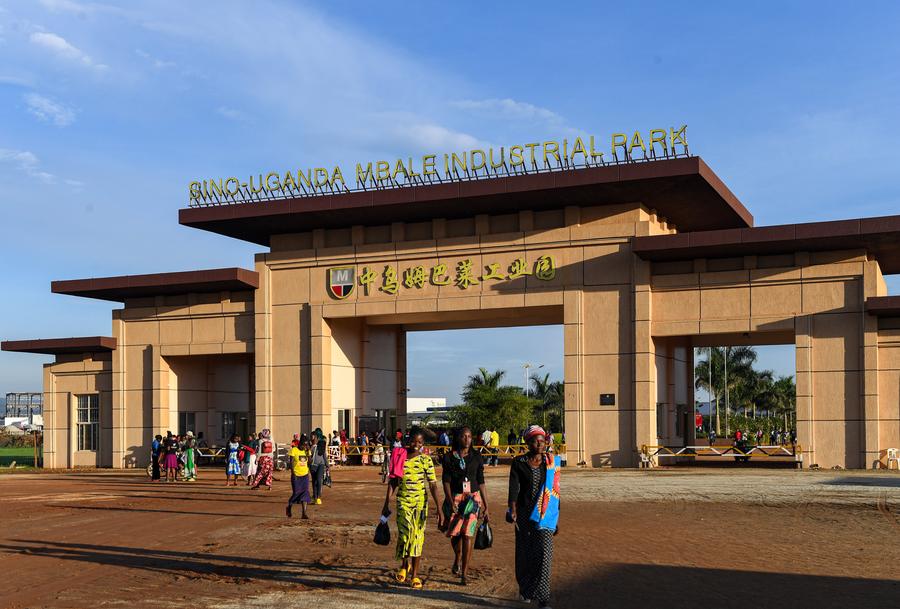
DAR ES SALAAM: The history of modern economic development reveals that industrialization is essential for achieving modernization. As partners in this regard, China and Africa possess complementary advantages and substantial potential for industrial cooperation.
From infrastructure projects, industrial parks to talent grooming programs, China-Africa cooperation is moving to a higher gear featuring quality and innovation.
These projects funded or undertaken by China in Africa are not only bolstering industrial capacity but also creating jobs and fueling local economies, marking a significant shift across the continent. In Cameroon’s South Region, the second phase of the Kribi Deep Seaport, built by the China Harbor Engineering Company (CHEC), is in full swing with nearly a thousand workers on site.
Meanwhile, a 30,000-ton cargo ship from Singapore docked at the berth of the first phase of the seaport, which is already operational. “In Douala, Cameroon’s largest city, the port can only handle ships under 10,000 tons due to shallow waters. But here, docking 100,000-ton ships is not a problem,” said local engineer Eric Hermann Defo Fotso.
The second phase, expected to be completed by year-end, will add two berths to the existing two in the first phase. In addition, the government has allocated 15,000 hectares near the port for industrial and logistics parks, attracting multiple factories and logistics companies.
The Kribi-Lolabe Highway, built by CHEC, has been operational for nearly two years. Spanning 38.5 km, it includes six two-way lanes, with the central two reserved for future expansion, said Xu Huajiang, general manager of CHEC’s Central Africa Division.
“This highway connects the Kribi Deep Seaport with major cities nationwide, facilitating personnel travel and goods transportation, thus promoting Cameroon’s industrialization,” said Emmanuel Nganou Djoumessi, Cameroon’s minister of public works.
Over the past decade, China has built over 6,000 km of railways, 6,000 km of roads, nearly 20 ports, and more than 80 large power facilities in Africa, according to official data.
Under the China-proposed Belt and Road Initiative, China-Africa cooperation in infrastructure has yielded fruitful results, with high-quality projects playing a pivotal role in advancing Africa’s industrial development and economic transformation.
“Africa’s industrialization started late and has a weak foundation. Only by improving infrastructure, promoting connectivity, and achieving economic integration can Africa conduct large-scale industrial production and effectively integrate the sales market of industrial products,” said Costantinos Berhutesfa Costantinos, a professor of public policy at Addis Ababa University in Ethiopia. –Agencies





